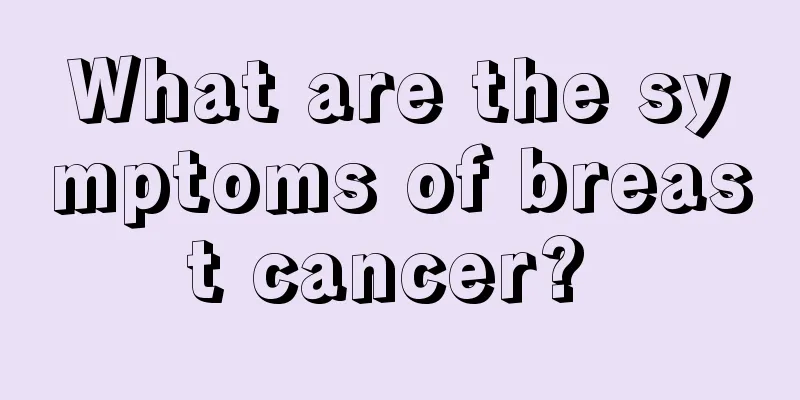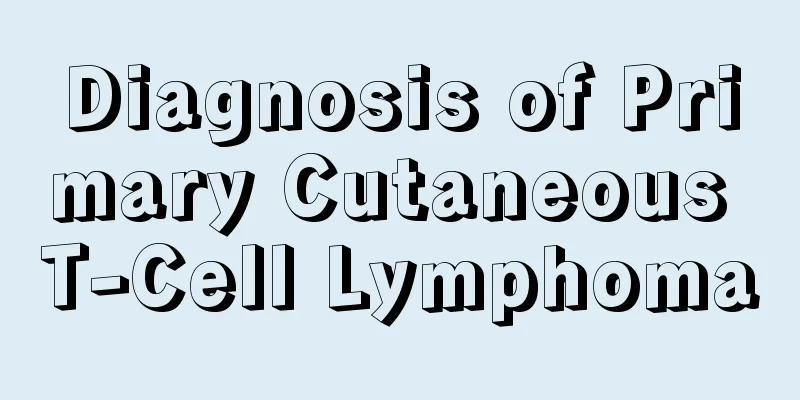How to treat esophageal cancer in the eighties

|
Esophageal cancer patients in their eighties can improve their quality of life through a comprehensive treatment strategy. Common methods include surgery, chemotherapy, and palliative care. An individualized plan needs to be developed based on the patient's physical condition and tumor stage, while paying attention to nutritional support and mental health. 1Surgery: Surgery is one of the main treatments for esophageal cancer, especially in early-stage esophageal cancer. However, for patients over 80 years old, it is necessary to focus on evaluating their overall physical condition, such as cardiopulmonary function, to ensure their tolerance to surgery. Common surgical methods include "transthoracic esophagectomy" or "endoscopic minimally invasive esophageal surgery." If large-scale resection is not suitable, local resection can be considered. 2. Chemoradiotherapy: For patients with advanced esophageal cancer or who cannot tolerate surgery, radiotherapy and chemotherapy are important options. Radiotherapy kills cancer cells through high-energy rays, while chemotherapy inhibits tumor growth through drugs. Elderly patients may need to reduce drug doses and use intermittent treatment to reduce side effects. Commonly used chemotherapy drugs include paclitaxel and cisplatin, and precise regulation of radiotherapy doses can reduce damage to organs around the esophagus. 3. Palliative treatment: Elderly patients who are not suitable for aggressive surgery or chemotherapy can choose palliative care to improve their quality of life. For example, stent implantation can be used to expand the narrow esophagus and relieve dysphagia; painkillers and anti-inflammatory drugs can also be used to relieve symptoms. Palliative care is not a cure, but is intended to enhance the patient's comfort. 4 Nutritional support and mental health management: Patients with esophageal cancer in their eighties usually have problems with insufficient nutrition intake and should be managed by a professional nutritionist. On the one hand, they can choose a high-protein, high-calorie diet or nutritional supplements, and ensure energy supply through gastric tube feeding when necessary; on the other hand, paying attention to mental health and providing appropriate support and encouragement can help improve treatment compliance and quality of life. In order to develop a scientific treatment plan, esophageal cancer patients in their 80s need to communicate closely with their doctors and choose the appropriate treatment method based on their physical condition, cancer stage and personal wishes. Regular review and timely adjustment of treatment methods can effectively enhance the treatment effect and improve the patient's quality of life. |
>>: The difference between uterine cancer and ovarian cancer
Recommend
What are the early symptoms of thyroid cancer? Common treatments for thyroid cancer
Thyroid cancer is a very ferocious disease that i...
Is it coronary heart disease or pituitary tumor?
79-year-old Grandpa Ma developed loss of appetite...
What to do if wisdom tooth decay hurts
Wisdom tooth decay can cause toothache. Toothache...
What material is good for a spatula
There are many materials for spatulas, including ...
What Chinese medicine can cure bile duct cancer
Many patients with bile duct cancer still believe...
What should I do if asthma attacks recur?
Asthma is chronic bronchitis, which is an allergi...
What are the causes of bile duct cancer?
What are the causes of bile duct cancer? Biliary ...
How many years can one live without curing intestinal cancer
How long a person can live without treatment for ...
Is it okay to wash your face with your hands?
As people in modern society pay more and more att...
What are the dietary therapies for rectal cancer
Currently, rectal cancer is a common malignant tu...
Substandard bedding causes bladder cancer? This type of dye is a strong carcinogen
Many people doubt the safety of textile products ...
What should I do if small blisters appear on the lips?
Lips are one of the important components of our f...
Air cushion with good concealing and whitening effects
Some people will feel that there are many blemish...
What is the reason for high aldosterone?
As the human body ages, it is more prone to some ...
Watermelon Frost Toothpaste
Toothpaste is a necessity in life. People need to...









